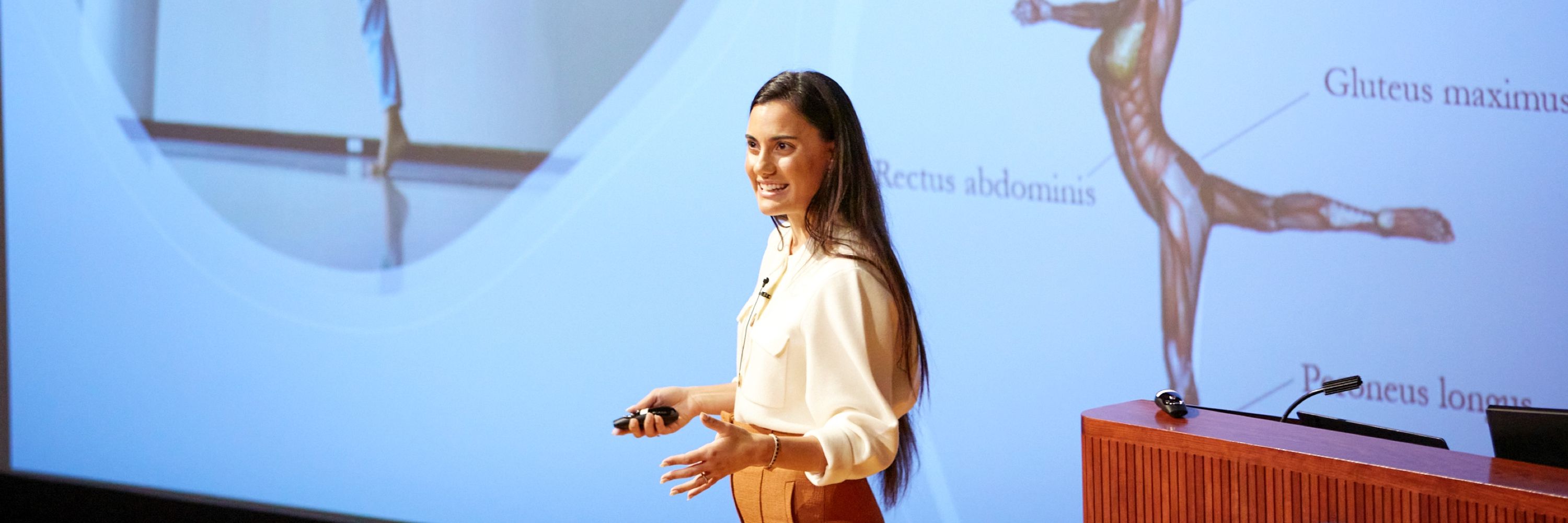
▪️Herb and Nell Singer Research Assistant Professor -Rockefeller University
▪️Visiting Scholar -NYU
▪️Research Associate -Emory & US Dept of Veteran Affairs
🔗https://www.constantinatheofanopoulou.com/
www.pnas.org/doi/10.1073/...
www.pnas.org/doi/10.1073/...
lincolncenter.org/series/summe...
(1/2)

lincolncenter.org/series/summe...
(1/2)
www.sciencedirect.com/science/arti...




www.sciencedirect.com/science/arti...
www.sciencedirect.com/science/arti...

www.sciencedirect.com/science/arti...
In today's podcast, we explore how LLMs are helping neuroscientists study how we process language with Stanford psychologist and faculty scholar Laura Gwilliams @lauragwilliams.bsky.social.
neuroscience.stanford.edu/news/what-ch...
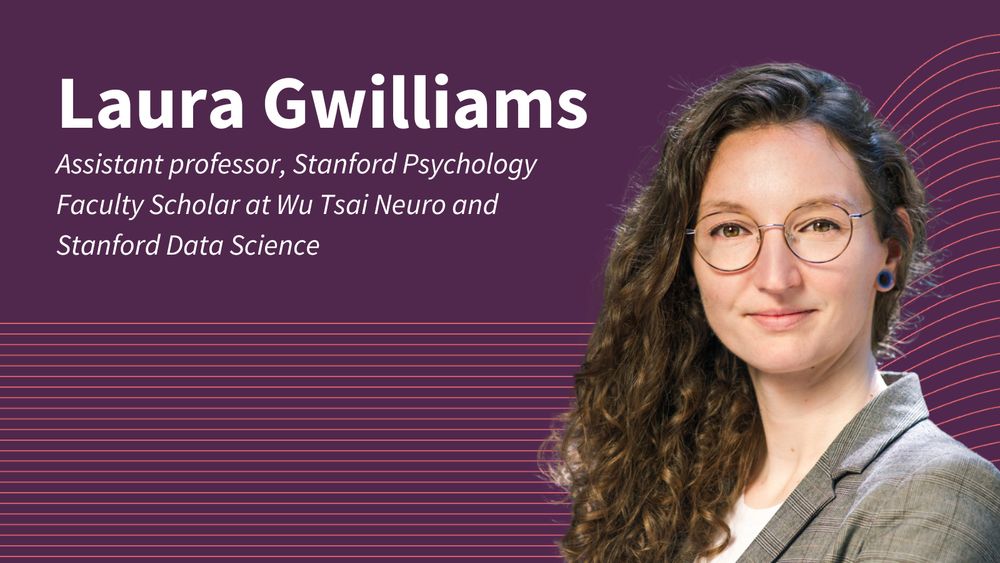


If you know any stellar candidates who might be interested, please send this their way.
🗓 Application review begins April 15
⏰ Final deadline is April 25
📎 Apply here ➡️ lnkd.in/evhfqzTP
If you know any stellar candidates who might be interested, please send this their way.
🗓 Application review begins April 15
⏰ Final deadline is April 25
📎 Apply here ➡️ lnkd.in/evhfqzTP
www.nature.com/articles/s41...

www.nature.com/articles/s41...
RSVP: lnkd.in/e5g5duZY
📅 Date: Tuesday, April 15, 2025
⏰ Time/📍Location:
5 PM – Wine/beer reception at Abby
5:30 PM – Event at Caspary Auditorium
The Rockefeller University (1230 York Ave, New York, NY
10065)
🎟 Audience: Free and open to the public
🔗 RSVP: lnkd.in/e5g5duZY


RSVP: lnkd.in/e5g5duZY
issues.org/music-and-he...

issues.org/music-and-he...
www.nyas.org/ideas-insigh...

www.nyas.org/ideas-insigh...
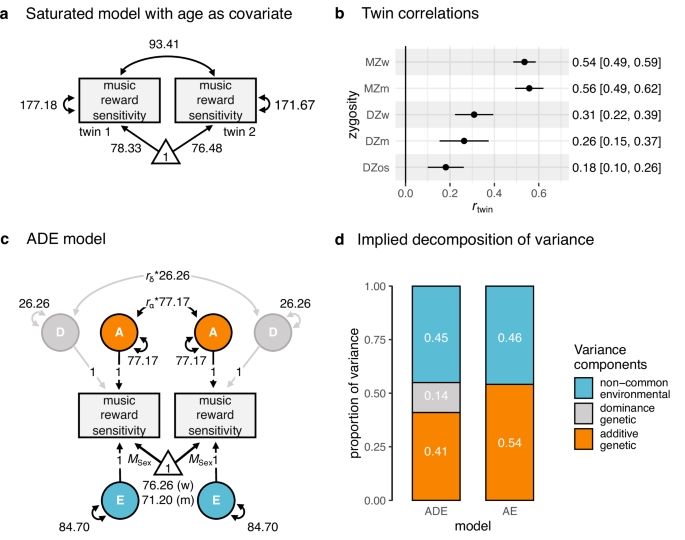
1/n Thrilled to share our latest research, now published in Nature Communications! 🎉 This study dives deep into how the cerebellum shapes cortical preparatory activity during motor adaptation.
www.nature.com/articles/s41...
#neuroskyence #motorcontrol #cerebellum #motoradaptation
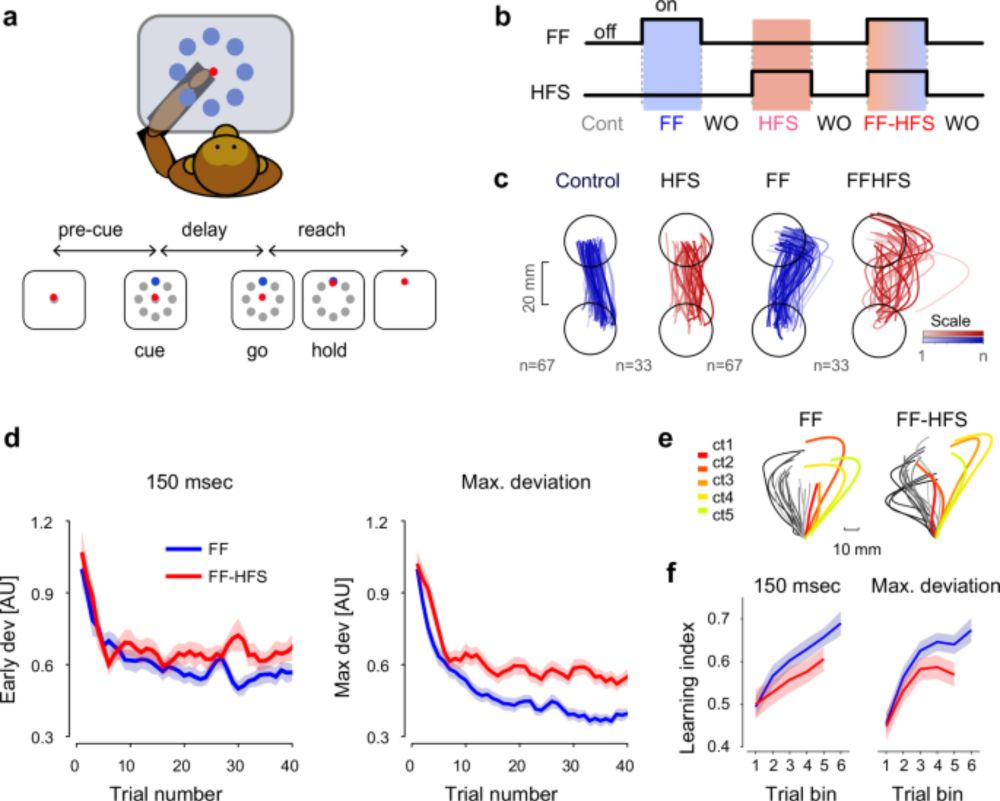
1/n Thrilled to share our latest research, now published in Nature Communications! 🎉 This study dives deep into how the cerebellum shapes cortical preparatory activity during motor adaptation.
www.nature.com/articles/s41...
#neuroskyence #motorcontrol #cerebellum #motoradaptation
Here is the MIT news story:
news.mit.edu/2025/esperan...
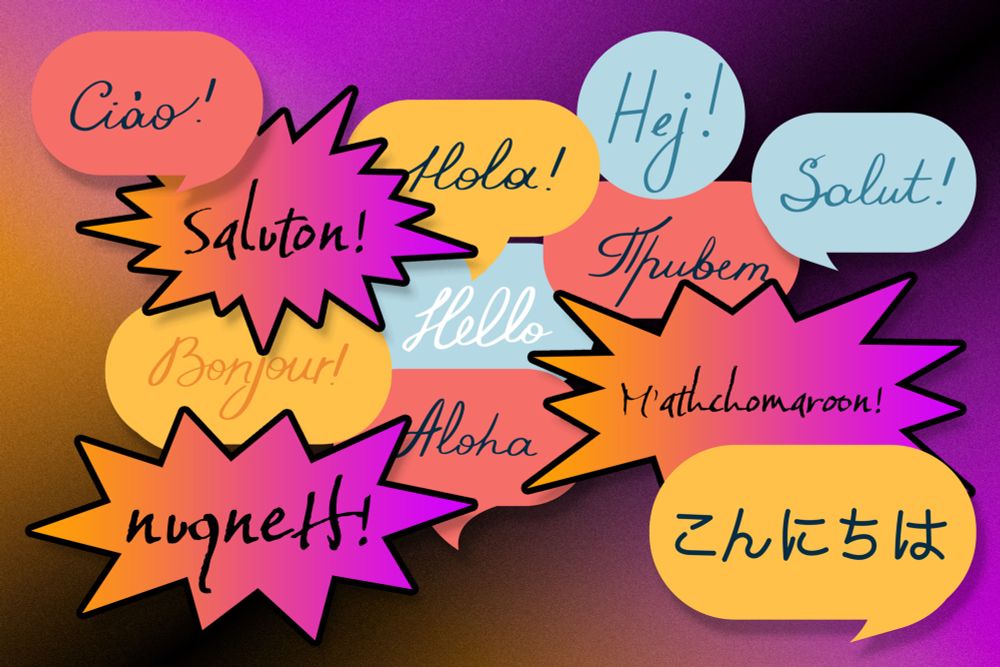
Here is the MIT news story:
news.mit.edu/2025/esperan...
📅 Date: Tuesday, April 15, 2025
⏰ Time/📍Location:
5 PM – Wine/beer reception at Abby
5:30 PM – Event at Caspary Auditorium
The Rockefeller University (1230 York Ave, New York, NY
10065)
🎟 Audience: Free and open to the public
🔗 RSVP: lnkd.in/e5g5duZY


📅 Date: Tuesday, April 15, 2025
⏰ Time/📍Location:
5 PM – Wine/beer reception at Abby
5:30 PM – Event at Caspary Auditorium
The Rockefeller University (1230 York Ave, New York, NY
10065)
🎟 Audience: Free and open to the public
🔗 RSVP: lnkd.in/e5g5duZY
#dance #neuroscience




#dance #neuroscience
www.wiseratrockefeller.com/womens-histo...

www.wiseratrockefeller.com/womens-histo...
A comprehensive review by Sara Abalde, @neuromusicnerd.bsky.social , @perikeller.bsky.social rikeller.bsky.social & me, bridging behavioural findings, neural processes, and computational models (link below).

A comprehensive review by Sara Abalde, @neuromusicnerd.bsky.social , @perikeller.bsky.social rikeller.bsky.social & me, bridging behavioural findings, neural processes, and computational models (link below).
Inhibitory control of speech production in the human premotor frontal cortex
www.nature.com/articles/s41...

Inhibitory control of speech production in the human premotor frontal cortex
www.nature.com/articles/s41...

www.nature.com/articles/s41...
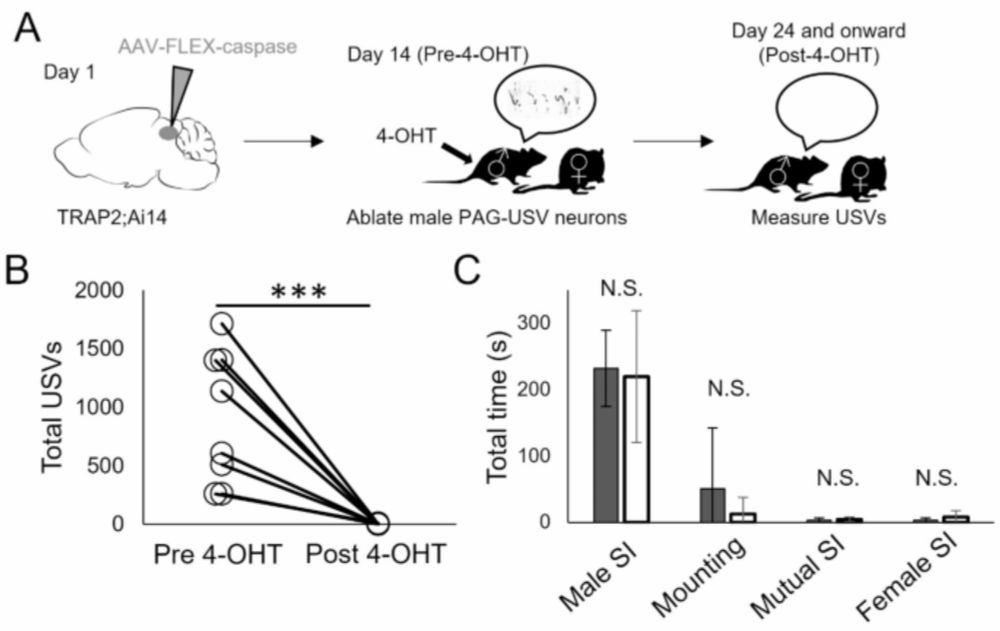
www.nature.com/articles/s41...
rdcu.be/ebo63
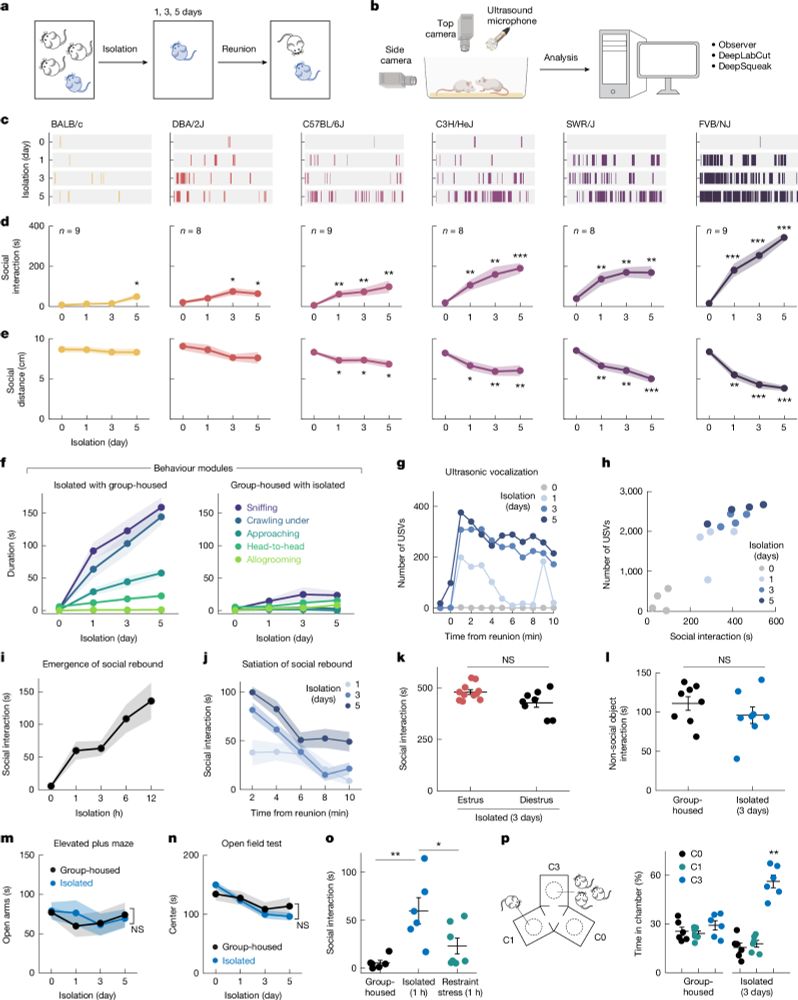
rdcu.be/ebo63
🧠📈 #VisionScience 🧠💬
🧵👇
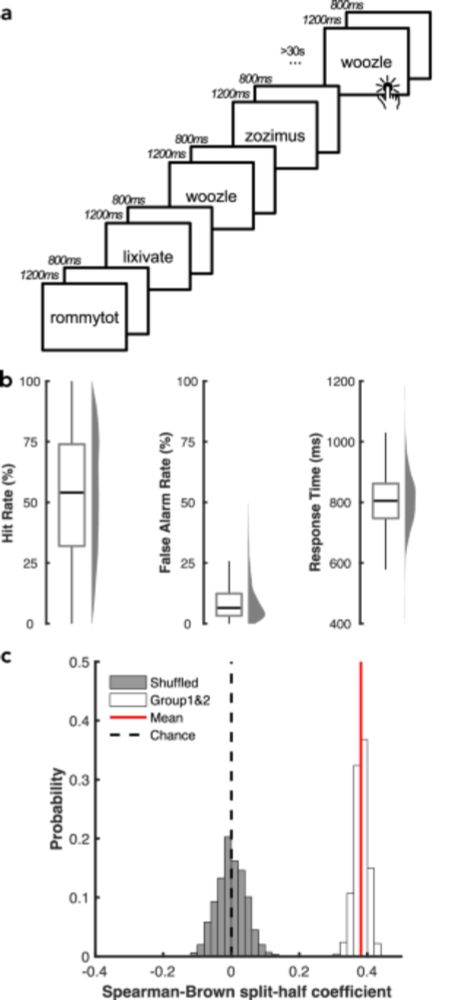
🧠📈 #VisionScience 🧠💬
🧵👇

